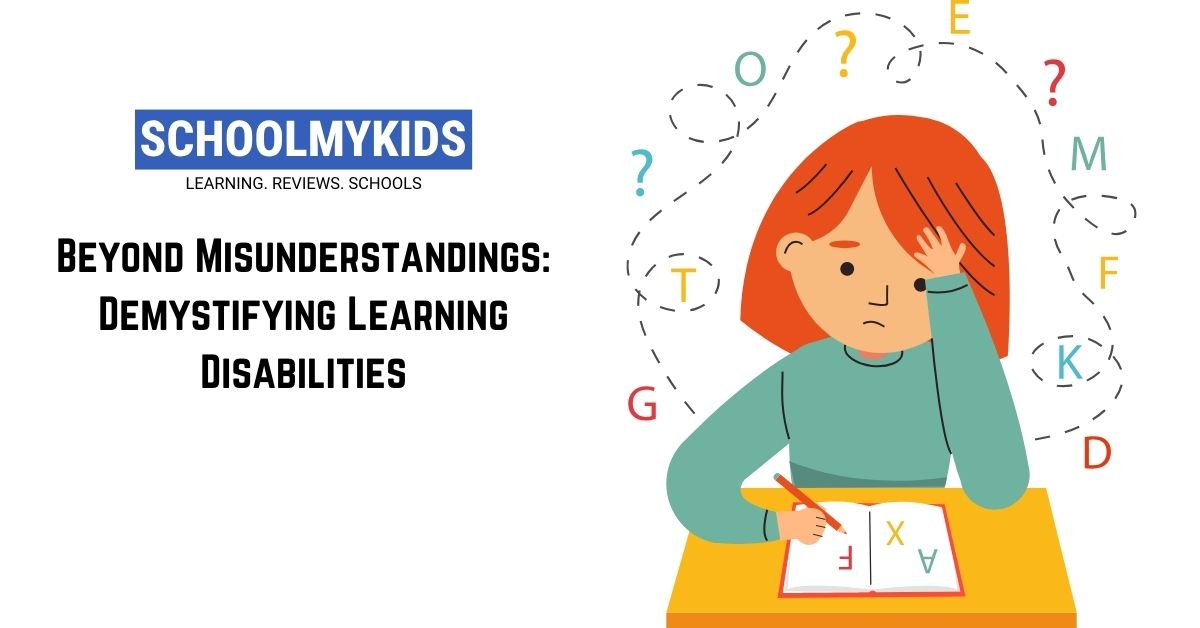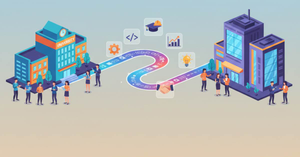Learning disabilities (LDs) are a group of neurodevelopmental disorders that can hinder a child’s ability to learn in a typical way. These challenges are not a reflection of intelligence or motivation, but rather stem from differences in how the brain processes information. Despite facing obstacles, children with LDs can thrive with proper support and understanding.
Understanding the Spectrum of Learning Disabilities
There are various types of learning disabilities, each impacting specific areas of learning:
- Dyslexia: This is the most common LD, characterized by difficulty with reading fluency, decoding, spelling, and comprehension.
- Dyscalculia: Children with this LD struggle with math concepts, calculations, and problem-solving.
- Dysgraphia: This LD affects written expression, making it difficult for children to form letters, write legibly, and organize their thoughts on paper.
- Auditory Processing Disorder (APD): Children with APD have difficulty processing auditory information, impacting listening comprehension and following spoken instructions.
- Nonverbal Learning Disabilities (NLD): This LD affects visual-spatial skills, social cues, and motor coordination.
Recognizing the Signs of Learning Disabilities
Early identification is crucial for supporting children with LDs. Here are some common signs to watch for:
- Reading Difficulties: Struggling with decoding words, slow reading pace, frequent errors, and difficulty comprehending written material.
- Math Challenges: Difficulties with basic math operations, memorizing math facts, and applying math concepts to solve problems.
- Trouble with Writing: Poor handwriting, difficulty organizing thoughts on paper, messy or incomplete written work.
- Organizational Issues: Problems with time management, keeping track of assignments, and staying organized.
- Short Attention Span: Easily distracted, difficulty focusing on tasks, and difficulties completing assignments.
- Speech and Language Delays: Difficulties with expressing themselves clearly, following directions, and understanding complex language.
It’s important to note: These signs can also be present in children without LDs. If you suspect your child may have a learning disability, a professional evaluation by a psychologist or educational specialist is crucial for a proper diagnosis.
Beyond the Challenges: The Strengths of Children with LDs
While learning disabilities present challenges, it’s important to recognize the strengths of children with LDs:
- Creativity and Problem-Solving: Many children with LDs approach problems from unique angles and excel in creative thinking.
- Strong Visual or Kinesthetic Skills: Some children with LDs have exceptional visual-spatial skills or excel in hands-on activities.
- Resilience and Determination: Facing learning challenges can foster resilience and determination in children with LDs.
- Strong Work Ethic: Overcoming obstacles can instill a strong work ethic and a desire to succeed in children with LDs.
Supporting Children with Learning Disabilities: A Collaborative Approach
Effective support for children with LDs requires collaboration between parents, teachers, and other professionals. Here are some key strategies:
- Individualized Education Program (IEP): Developing an IEP that outlines specific accommodations and modifications to support the child’s learning needs in the classroom.
- Assistive Technologies: Utilizing tools like audiobooks, text-to-speech software, graphic organizers, and specialized calculators can empower children with LDs to learn effectively.
- Positive Reinforcement and Encouragement: Celebrating successes, no matter how small, fosters confidence and motivation in children with LDs.
- Social-Emotional Support: Children with LDs may experience frustration and social challenges. Providing emotional support and fostering self-advocacy skills are crucial.
- Connecting with Resources: Several organizations and online resources offer support, information, and educational tools for children with LDs and their families.
Learning Disabilities: A Journey of Growth
Learning disabilities can present challenges, but with the right support and a collaborative approach, children with LDs can achieve their full potential. By understanding their unique learning styles, recognizing their strengths, and providing the necessary support, we can empower them to succeed in school, embrace their individuality, and thrive in life.








Be the first one to comment on this story.